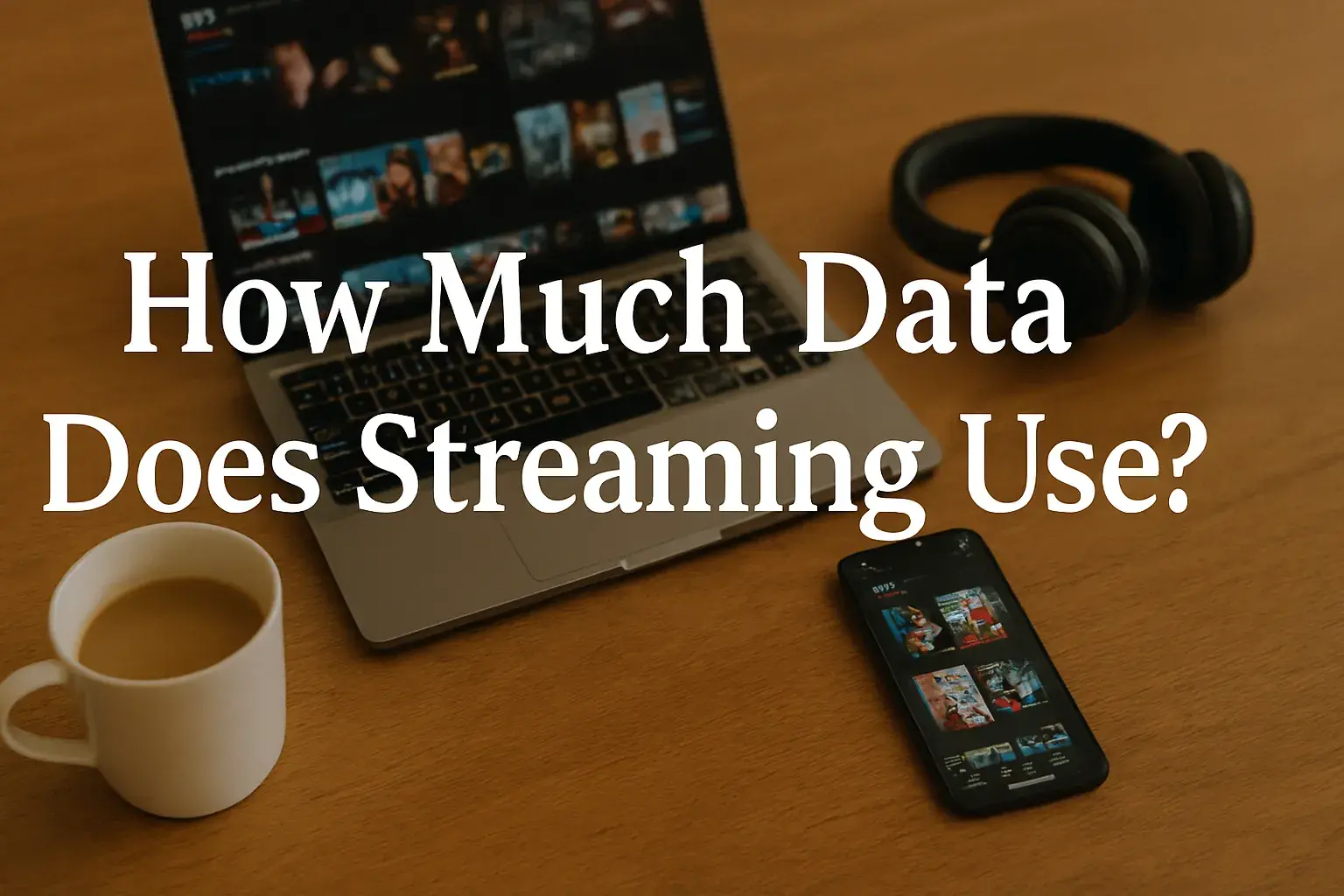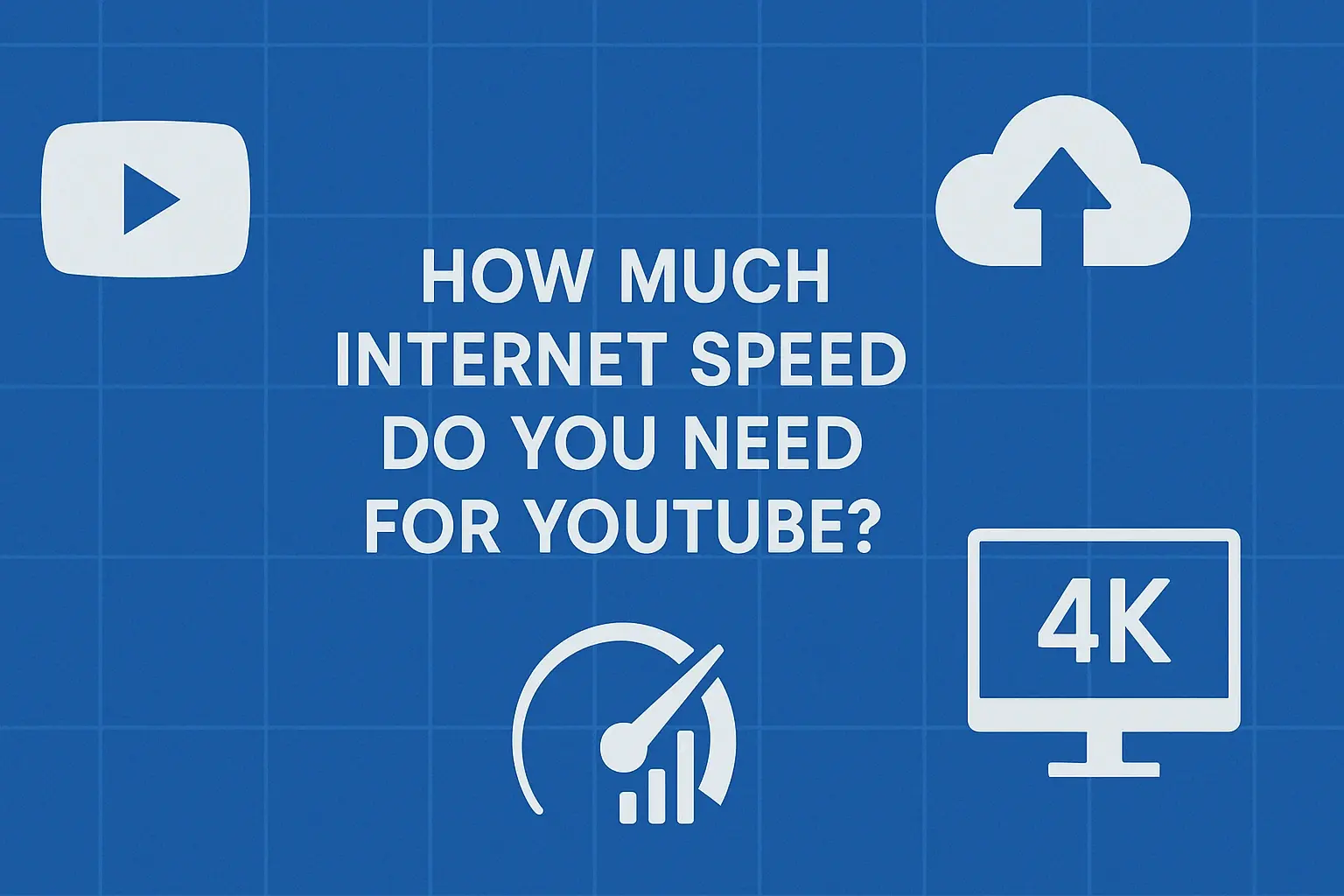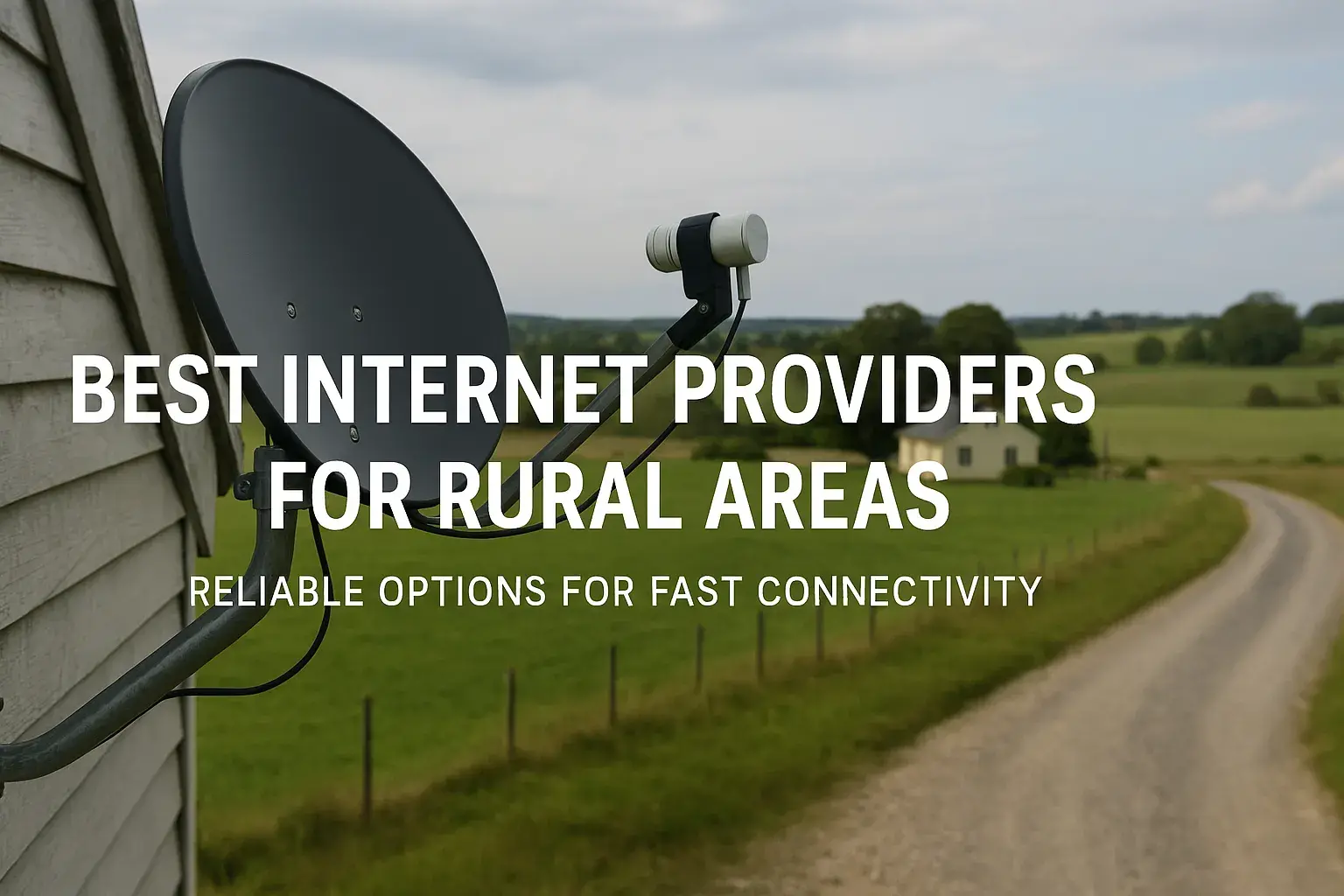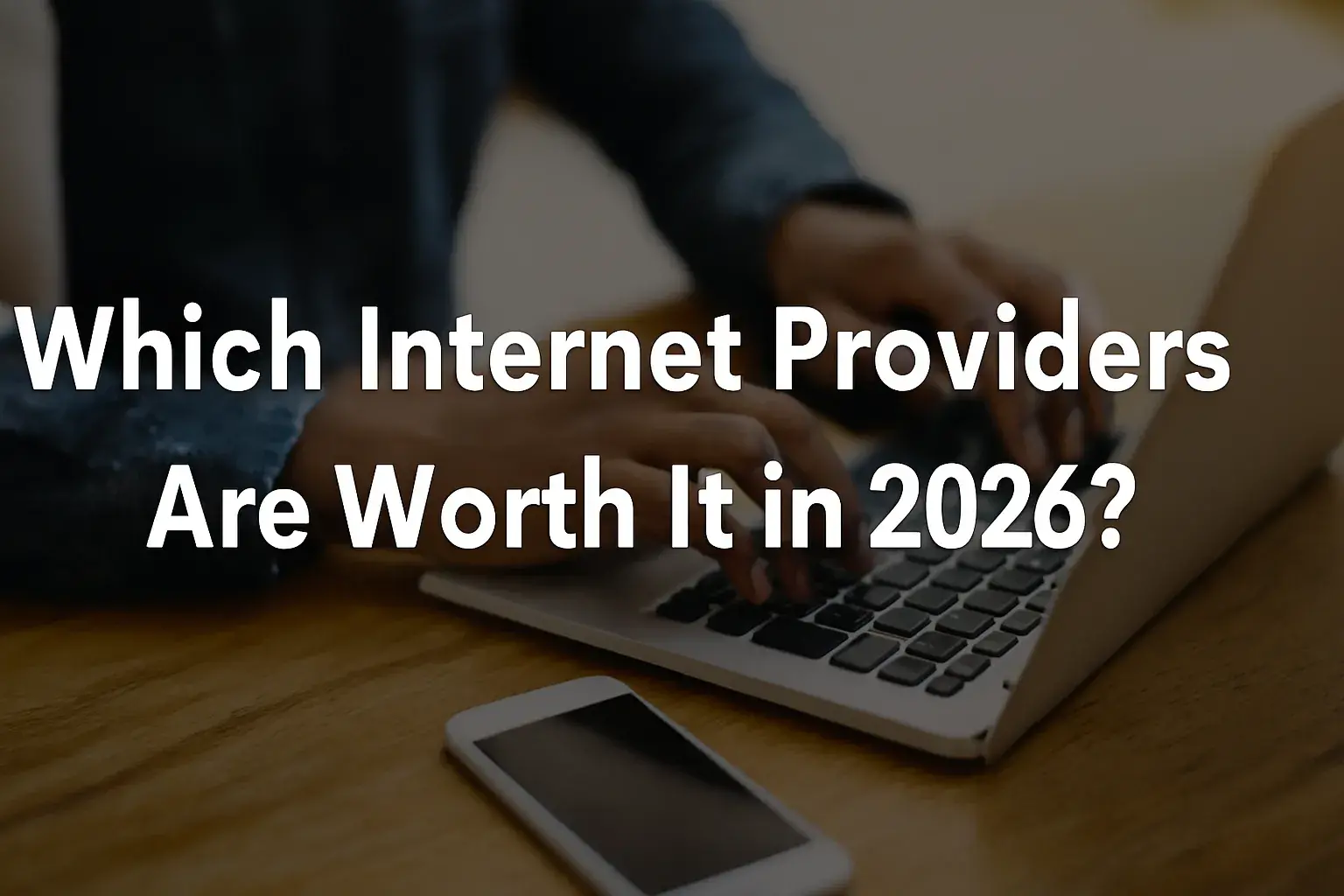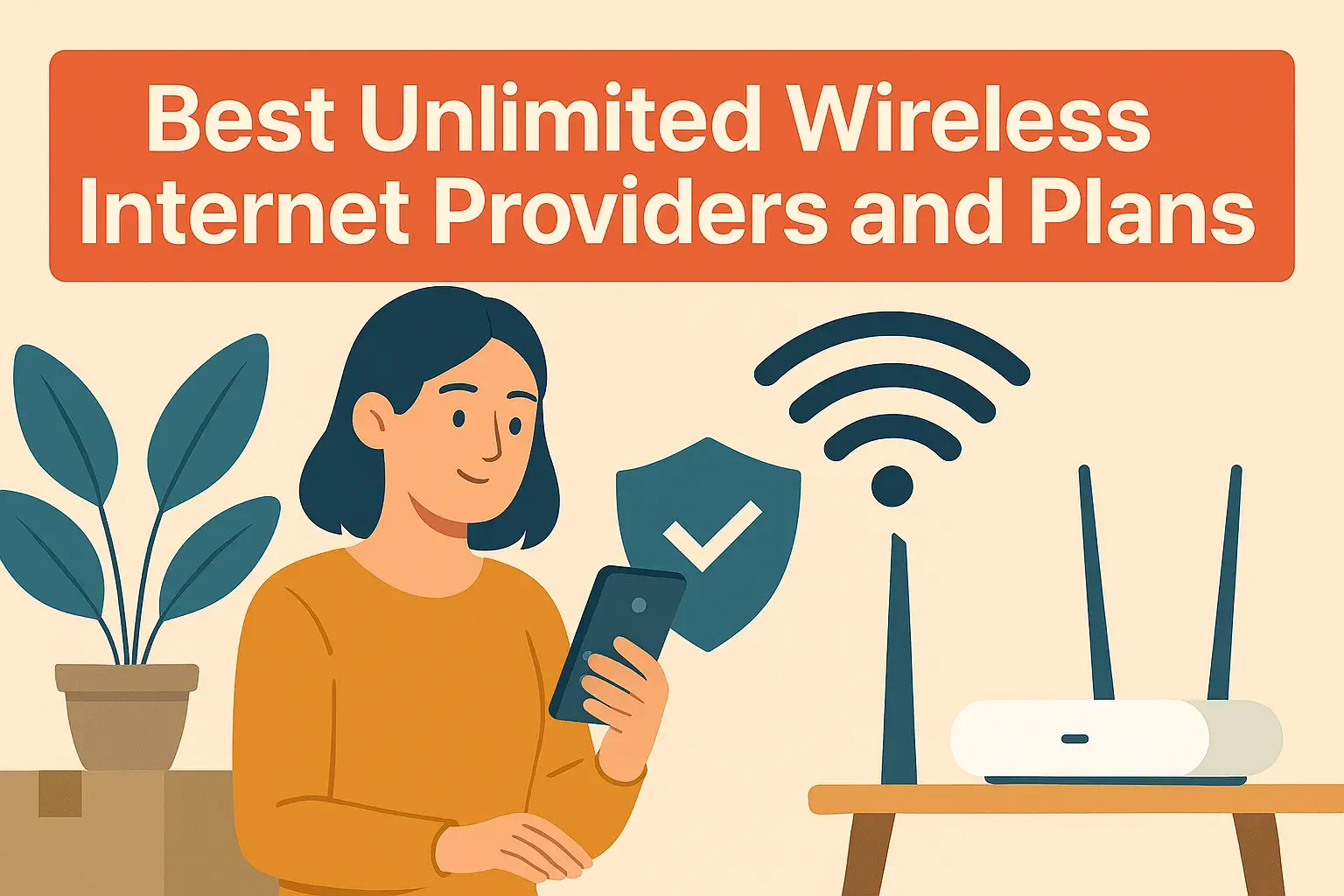
- Research indicates that T-Mobile, Verizon, and AT&T offer some of the most reliable unlimited 5G home internet options, with competitive speeds and no strict data caps, though performance can vary by location.
- For rural areas, Starlink provides a strong satellite-based alternative with truly unlimited data, but it may involve higher upfront costs and potential latency issues.
- Affordable plans often start around $35–$50 per month when bundled, but users should check for coverage and possible throttling during peak usage.
- While unlimited plans promise flexibility for streaming and gaming, evidence suggests that signal strength and network congestion can impact real-world speeds, making it essential to verify local availability.
- Options like mobile hotspots from providers such as Mint Mobile can serve as backups, but they may not match dedicated home setups for consistent high-speed access.
Top Picks for Unlimited Wireless Internet
T-Mobile stands out for its straightforward pricing and nationwide 5G coverage, starting at $50 per month for unlimited data with typical speeds of 134–415 Mbps download. Verizon offers faster potential speeds up to 1,000 Mbps in select areas, with plans from $35 per month when bundled with mobile service. AT&T Internet Air provides a reliable option at $47 per month, focusing on ease of setup and no contracts. For those in remote locations, Starlink's $120 monthly plan delivers 50–220 Mbps with global coverage.
Key Considerations
When selecting a plan, prioritize coverage checks via provider tools, as urban areas benefit more from 5G, while rural users may lean toward satellite. Costs can rise with add-ons, and while no data caps are advertised, some plans reduce speeds after heavy use. For gaming or remote work, low-latency options like 5G are preferable over satellite.
In today's connected world, the demand for unlimited wireless internet has surged, driven by remote work, streaming, gaming, and the need for reliable access in diverse locations—from bustling cities to remote rural spots. Unlimited wireless internet eliminates the frustration of data caps, allowing seamless usage for households with multiple devices. This comprehensive guide explores the best unlimited wireless internet plans, providers, and options tailored to various needs, including home use, mobile hotspots, and rural broadband. We'll cover definitions, types, selection tips, top providers, rural solutions, pros and cons, optimization strategies, troubleshooting, and frequently asked questions to help you make an informed choice.
Introduction
The shift toward unlimited wireless internet reflects a broader trend in digital lifestyles, where wired connections like cable or fiber aren't always feasible or preferred. With the rollout of 5G technology, providers now offer high-speed wireless broadband that rivals traditional options, benefiting users in urban apartments, traveling professionals, gamers requiring low latency, and rural residents facing limited infrastructure. For instance, families streaming 4K content or remote workers on video calls no longer worry about overage fees, as unlimited plans support heavy data demands.
This guide delves into the landscape of unlimited wireless internet providers, highlighting affordable wireless internet plans, high-speed wireless internet, and unlimited Wi-Fi plans. Whether you're seeking unlimited 5G internet for home, wireless internet for rural areas, or unlimited mobile hotspot internet, we'll review key features, costs, and coverage to match your needs. By evaluating factors like speed, reliability, and pricing, readers can find the best wireless internet for home or on-the-go, ensuring connectivity without compromises.
What is Unlimited Wireless Internet?
Unlimited wireless internet refers to broadband services delivered without physical cables, using radio waves, cellular signals, or satellite transmissions to provide internet access. Unlike traditional wired options such as cable (coaxial) or fiber (optical cables), which require infrastructure like buried lines, wireless internet leverages towers, satellites, or base stations for flexibility and easier deployment.
At its core, unlimited wireless internet means no hard data caps—users can stream, download, and browse without hitting limits that trigger extra fees or shutdowns. However, some plans may implement "fair usage" policies, where speeds slow during congestion after excessive use, though true unlimited options avoid this. This differs from capped plans, where data thresholds (e.g., 1TB) lead to throttling or charges.
Wireless internet technology encompasses several forms:
- 5G Wireless Internet: The latest cellular standard, offering speeds up to 1Gbps with low latency, ideal for urban and suburban areas.
- Mobile Hotspot Plans: Portable devices or phone features that share cellular data, perfect for travel or as a backup.
- Wireless Broadband: Fixed wireless setups using antennas for stable home connections.
- Satellite Internet: Beams signals from space, serving remote locations but with higher latency.
Unlimited wireless broadband has evolved with 5G, enabling unlimited 5G internet that supports smart homes and IoT devices. For example, providers like T-Mobile use 5G for home internet, delivering average speeds of 134–415 Mbps without contracts. This makes it a game-changer for users ditching wired services, though coverage depends on network proximity.
Types of Unlimited Wireless Internet Plans
Unlimited wireless internet plans come in various formats, each suited to specific scenarios. Here's a breakdown:
- 5G Wireless Internet: Leveraging fifth-generation cellular tech, these plans provide high speeds and low latency, revolutionizing access. Benefits include download speeds up to 1,000 Mbps, broad coverage in populated areas, and seamless integration with mobile devices. It's changing internet access by enabling cord-cutting for streaming and gaming. Unlimited 5G data plans from Verizon, for instance, start at $35/month with bundling.
- Mobile Hotspot Plans: These turn smartphones or dedicated devices into Wi-Fi sources, ideal for remote work or travel. Best for on-the-go needs, they offer unlimited mobile hotspot internet, but may throttle after high usage. Mint Mobile's unlimited plan, at $40/month post-intro, includes hotspot capabilities for home backup.
- Fixed Wireless Broadband: Uses ground-based towers for point-to-point connections, great for underserved areas. Plans like AT&T's fixed wireless offer speeds of 90–300 Mbps with no caps, focusing on reliability for rural or suburban homes. Fixed wireless broadband plans provide stability over mobile options.
- Satellite Internet: For truly remote spots, satellites like Starlink deliver 50–220 Mbps globally. Viable where others fail, but latency (20–40ms) suits browsing over real-time gaming. Satellite internet providers emphasize unlimited wireless broadband for rural users.
Each type addresses different pain points, from speed in cities to availability in the countryside.
How to Choose the Best Unlimited Wireless Internet Plan
Selecting the best unlimited wireless internet plans involves weighing several factors:
- Speed and Latency: Crucial for gaming or streaming; aim for 100+ Mbps download and low latency (<30ms). Wireless internet speed for gaming favors 5G over satellite.
- Data Caps and Throttling: True unlimited data options avoid caps, but watch for soft limits where speeds drop after 50GB+ of priority data. Unlimited internet without data caps is key for heavy users.
- Coverage Area: Use provider maps; 5G excels in urban zones, while satellite covers rural zones. Coverage varies, so check addresses for availability.
- Cost and Contracts: Affordable wireless internet starts at $35–$50/month; no-contract plans like T-Mobile's offer flexibility. Installation costs range from free self-setup to $100+ for satellite.
Compare via tools like BroadbandNow for personalized recommendations.
Top Unlimited Wireless Internet Providers
Here's a review of leading providers, with details on plans, prices, coverage, and features:
| Provider | Key Plan | Price (Starting) | Speeds (Download) | Coverage | Unique Features |
|---|---|---|---|---|---|
| Verizon | 5G Home Plus | $35/mo (bundled) | Up to 1,000 Mbps | Urban/suburban | No contracts, free router, 3-year price lock. |
| T-Mobile | Rely Home Internet | $50/mo | 134–415 Mbps | Nationwide 5G | Unlimited data, 5-year price guarantee, streaming perks. |
| AT&T | Internet Air | $47/mo | 90–300 Mbps | Select areas | No contract, self-setup, bundling discounts. |
| Mint Mobile | Unlimited | $40/mo | 79–357 Mbps | Nationwide | Affordable, no contract, hotspot for home use. |
| Starlink | Residential | $120/mo | 50–220 Mbps | Global/rural | Unlimited, portable kit, high mobility. |
Verizon excels in speed and customer support, with plans including entertainment bundles. T-Mobile offers value with cybersecurity add-ons. AT&T suits rural fixed wireless. Mint provides budget mobile hotspots. Starlink leads for remote access, though setup costs $599 for equipment.
Unlimited Wireless Internet for Rural Areas
Rural customers often face challenges like sparse infrastructure, leading to slow DSL or no options at all. Fixed wireless broadband and satellite internet bridge this gap, providing high-speed access without cables.
Top rural wireless internet providers include Starlink ($120/mo, unlimited), ideal for its portability and coverage. HughesNet starts at $39.99/mo with unlimited data (though prioritized), up to 100 Mbps. Viasat's Unleashed plan offers unlimited high-speed data from $69.99/mo, suited for remote locations. If 5G reaches, T-Mobile or Verizon provide better latency. Satellite internet for rural areas ensures connectivity, but the weather can affect signals.
Pros and Cons of Unlimited Wireless Internet
Pros:
- No data caps or throttling in true plans, enabling unlimited streaming and downloads.
- Flexibility for mobile devices, laptops, and travel.
- Suitable for gaming, remote work, and rural areas where wired isn't available.
- Often, no contracts, with easy setup.
Cons:
- Can be pricier than wired broadband, with plans up to $120/mo.
- Speed and reliability vary by location and congestion.
- Limited coverage in some regions, especially rural.
- Potential unlimited data throttling issues during peak times.
How to Optimize Your Unlimited Wireless Internet Connection
To maximize performance:
- Place routers centrally, away from walls, for better Wi-Fi optimization.
- Avoid interference from microwaves or cordless phones.
- Use Wi-Fi extenders or mesh networks for large spaces, like T-Mobile's included access points. Regular firmware updates improve wireless signal strength.
Troubleshooting Common Issues with Unlimited Wireless Internet
Common problems include slow speeds (check signal via apps), dropped connections (restart router), or no coverage (verify maps). For throttling, monitor usage; contact support for router issues or interference. Providers like Verizon offer 24/7 help.
Conclusion
Unlimited wireless internet offers freedom from caps, with top providers like T-Mobile and Verizon leading in 5G, while Starlink serves rural needs. Evaluate your location, usage, and budget to select the best fit—whether for home, mobile, or remote access—for a connected lifestyle.
FAQ Section
What is unlimited wireless internet?
It's broadband without cables or data limits, using 5G or satellite for flexible access.
How fast is unlimited wireless internet?
Speeds range from 50–1,000 Mbps, depending on type and location.
Can I use a mobile hotspot as my primary internet connection?
Yes, but dedicated home plans are better for consistency.
Is 5G wireless internet available everywhere?
No, mainly in urban areas; check provider maps.
How do I know if wireless internet is available in my area?
Use tools like CablePapa
What is the best unlimited wireless internet for gaming?
5G plans from Verizon for low latency.
Are there any data caps on unlimited wireless plans?
True ones have none, but some throttle after priority data.

